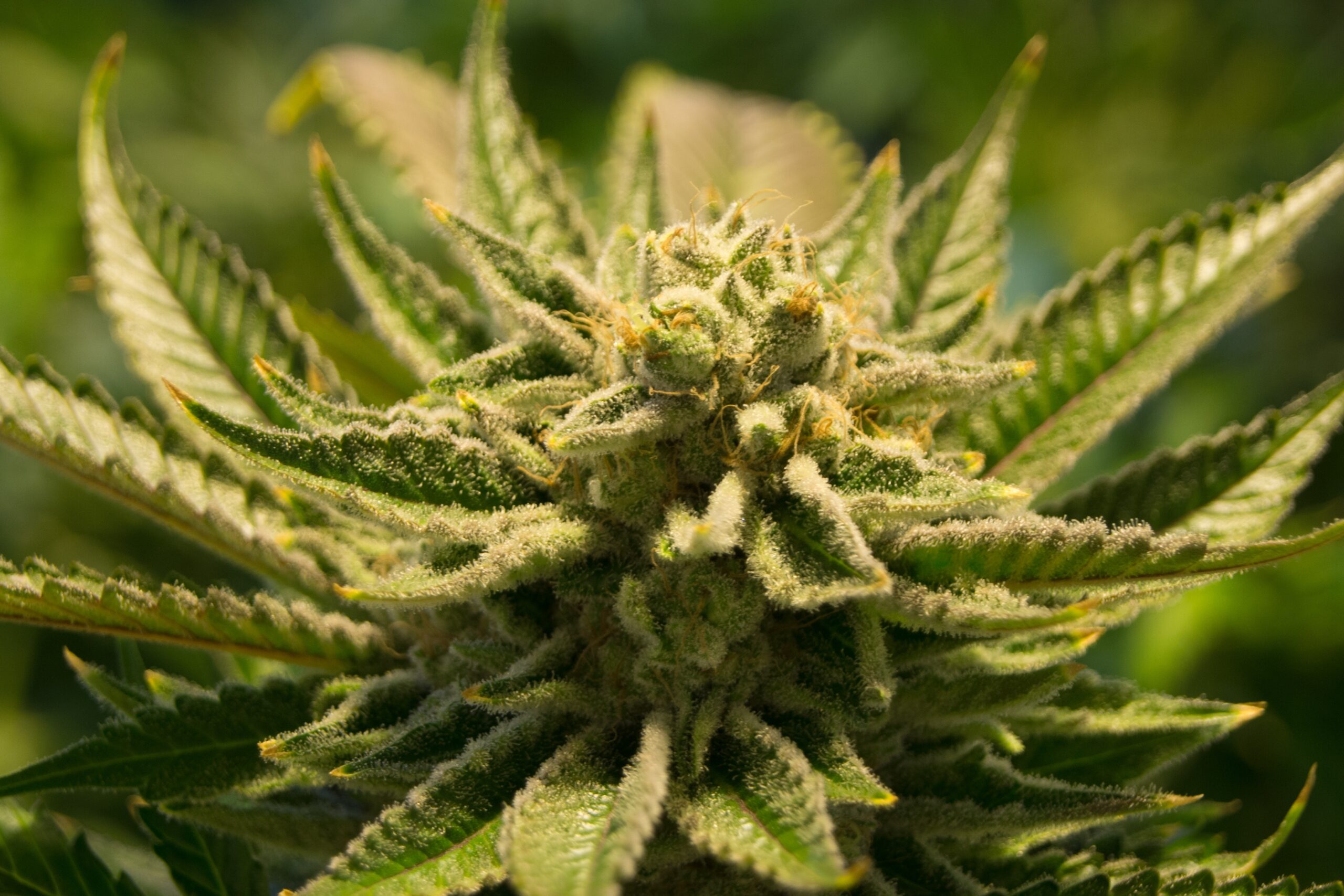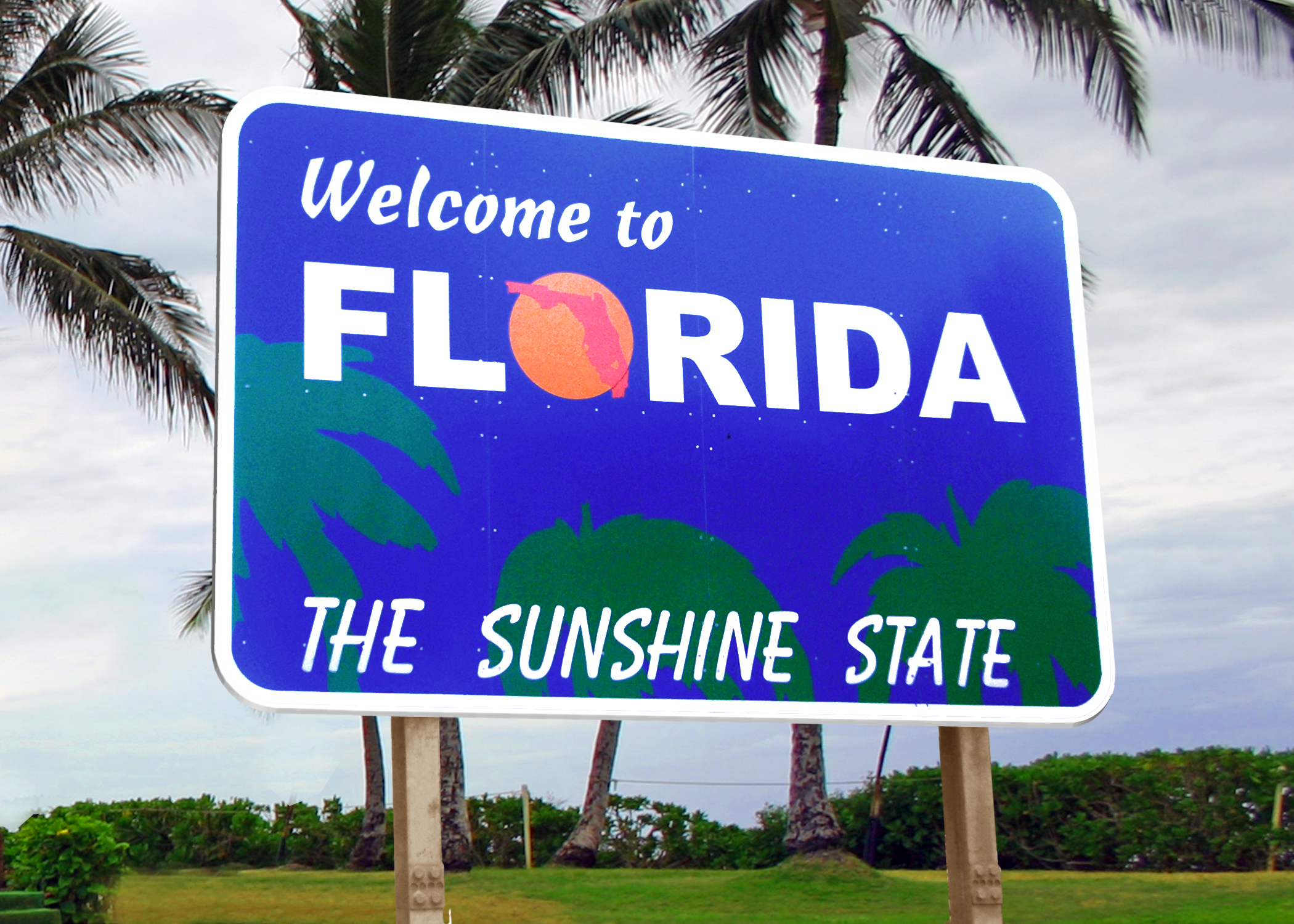Florida has allowed access to low-THC, non-smoked medical cannabis as an alternative health care option for patients with cancer or chronic seizures or spasms since 2014. In March 2016, the law was amended to allow access to high-strength medical marijuana for patients with terminal illnesses. But it remained one of the nation’s more conservative and limited medical marijuana programs.
But in November 2016, more than 70 percent of Florida voters cast a vote in favor of Amendment 2, which promises to widely expand Florida’s medical marijuana laws.
Amendment 2 101
Amendment 2 protects patients, caregivers, doctors, dispensaries and industry staff from prosecution or civil sanction under state law. It will also allow high-strength medical cannabis to be used for a much wider list of medical conditions.
Although Amendment 2 requires the state to adopt the new medical marijuana rules by July 3, 2017, and have them fully operational by September, controversy is still raging. Heated dialogue is ongoing among voters, pressure groups, the Florida legislature, and the Florida Department of Health about what the exact rules and regulations will be within the new system.
What We Don’t Know
Many rules have yet to be written, but there are strict deadlines for finalizing the fine details. Details have yet to finalized about how to issue medical cannabis cards, about prescription amounts for various ailments, and about the specific qualifications caregivers will need. There are also some outstanding issues around zoning laws for the expected increase in the number of dispensaries that will open in the state. Some cities and districts, Miami Beach among them, have put a temporary ban on new dispensaries opening while they decide on their own zoning rules.
These issues must be sorted out by July 3, and the state must begin issuing licenses and ID cards within the following three months.
What is certain is that once the new rules are in place, the medical marijuana industry will be strengthened and the medical cannabis market will be much bigger.
Although the final details are not concrete just yet, we do know a lot about what Florida’s new medical marijuana rules will look like. Here’s what we know already about Amendment 2.
What We Do Know

Once a person has a doctor’s note, they will then be entitled to obtain an ID card and purchase medical marijuana.
In order to qualify, a patient will need to get a letter from a Florida doctor stating that the patient has a debilitating medical condition and will benefit from using MMJ. Once a person has this doctor’s note, they will then be entitled to obtain an ID card and purchase medical marijuana.
The new rules will allow patients with a much broader range of ailments to qualify for treatment with medical marijuana. Conditions such as AIDS, cancer, post-traumatic stress disorder, multiple sclerosis, epilepsy, glaucoma, HIV, amyotrophic lateral sclerosis, Crohn’s disease, Parkinson’s disease, as well as various other physical and psychological conditions with similarly debilitating effects will qualify a patient for medical marijuana use. It will be largely up to the doctor’s discretion, and if he or she believes the patient’s condition is serious and would benefit from MMJ, then the patient will qualify.
In order to become a caregiver, a person will need to be more than 21 years old and will likely need to be submitted to a background check. They will require an ID card from the Florida Department of Health, and there will be a limit on the number of patients they can help.
A physician issuing an MMJ letter will need to examine the patient and explore their medical history. The physician must believe that the benefits of medical marijuana use will outweigh any potential negative side effects for the patient.
Dispensaries (which will be called medical marijuana treatment centers) will need to be registered and regulated by the Florida Department of Health. They will be able to produce and distribute medical cannabis. The Department of Health, in conjunction with local authorities, will determine the number and location of these centers.
It is expected that a wide variety of medical marijuana products, such as edibles, tinctures, aerosols, oils and ointments, will be available from dispensaries. There will not be a cap on the amount of THC allowed in these products.
The Department of Health has yet to determine how much medical marijuana will be an adequate supply, but it is expected that the amount available to patients will be flexible and in accordance with the patient’s self-determined needs.
The new laws do not allow patients in the state to grow their own medical cannabis.
It is important to remember that Amendment 2 will not allow patients to smoke marijuana in public or require employers to allow patients to use MMJ at work. Driving under the influence of cannabis will still be illegal. There will also be the usual contradictions between state and federal law, with MMJ use still illegal at the federal level.
Amendment 2 is an exciting new development, and it promises to be very good for the Florida medical marijuana industry.

